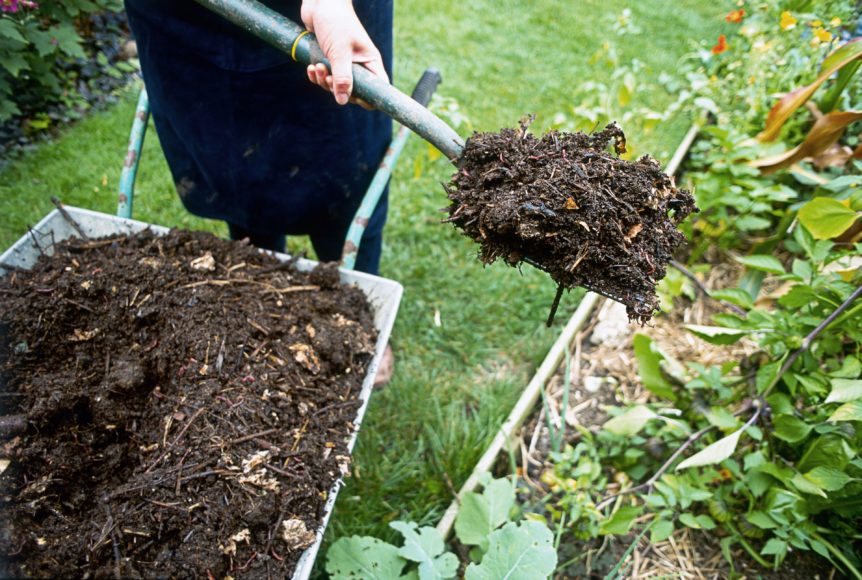Spring is the time of year for property cleanups; weeding, pruning, and mulching beds. When it comes to mulching, there is more to know than you might initially think. But first things first, let discuss all the benefits of mulching.
Weed suppression:
When applied to a depth of 2-4 inches, mulch acts as a weed barrier. Although weed seeds can blow in and germinate on top of mulch, weeds in the soil layer are less likely to germinate due to lack of sunlight. Additionally, if weed seeds do germinate, the plants tend to be easier to remove in a mulched bed.
Moisture regulation:
Mulch allows water to soak into the soil and protects it from evaporating. A layer of mulch reduces the amount of water needed and saves time by eliminating the need for repeated applications. Just make sure to water thoroughly so that the water reaches the entire root-ball of your plants.
Improved soil:
Natural, organic mulches break down and provide beneficial nutrients to the soil. Organic matter also improves soil texture, moisture retention, and a slow release of nutrients.
Erosion control:
Mulch acts as a protective cover and helps prevent soil erosion. Sediment from eroded soil is a major contributor to water pollution. Plus, the top layer of soil is usually rich in organic matter, so there’s no sense in letting that wash away. Therefore, bare soil should always be covered, and mulch is an excellent way to do this.
Plant protection:
I see it all too often- trees in the middle of the lawn with gashes in the trunk. I also see surface roots in lawns that have repeatedly been run over by mowers and aeration machines. Mechanical damage to trees creates wounds that invite infection, weakening, and possibly killing the tree. A layer of mulch around your plants provides an excellent physical barrier between the plants and maintenance equipment.
For questions about mulch or to place an order with Mr. Mulch click over to our store or call us at 330.452.1080

